In the vibrant world of South African music, where diverse genres and traditions converge, there are a select few artists who strive to preserve and promote the rich cultural heritage of the nation. Among them is Odwa Bongo, whose journey as a vocalist and uHadi, an indigenous South African musical bow, player has garnered attention and recognition.
“Being a Xhosa queer man is my identity and I made a promise to myself that I will stand by this identity hence it comes across quite intensely in my music expression. I live for this identity. Now that I am older, I have realised that I am not only living for myself but for those who came before me and that it is my duty to share the gift of music, my identity and my story to ease the healing process or journey. My gift is not mine, it is for me to share it and let God do the rest.”
This article delves into the remarkable story of Odwa, exploring his musical odyssey, collaborations with renowned figures, the relationship between his LGBTQ identity and his artistry, and his efforts to showcase the significance of uHadi in the South African and African music industry. From an early age, Odwa had an innate awareness of his talent. Whether leading church hymns or singing with gusto in the shower, his passion for music was undeniable. “I would sing my heart out while [taking] a long hot shower. My family would complain that I take too long in the shower. In response, I would tell them they are only complaining because they have no idea of the experience I get to have in the shower.” His voice found refinement and nurturing when he joined the Drakensberg Boys Choir, immersing himself in classical vocal training. Winning the “Best Tenor Solo” award and touring South Korea with the choir in 2010 marked a significant milestone in his musical journey. Further guidance and training from mentors such as Lynette Petersen propelled him towards excellence, allowing him to delve further into his love for music.
“[Petersen] trained my vocals to the core. Even though sometimes I was lazy and would not practise, she didn’t give up on me. After initiation school, my love for my culture brought me closer to the music and sound of the Xhosa people. My interest in culture and traditional music grew dramatically and I started enjoying listening to raw south african vocals. I enjoyed traditional ceremonies because I looked forward to the songs sung… The voices were strong, and grounding and there was no way that one could sit and not move/ dance. It was different from Jazz and Classical music. The texture was just unique and it stood out for me. This is when I realised my love for African music. I came across uHadi at The Rainbow Academy and at first sight, I fell in love with the instrument. The sound resonated with me and it accompanied my voice perfectly. By the time I attended university, I already knew about the uHadi bow musical instrument and it was one of my major instruments. The connection I have with the instrument, even I can’t explain.”
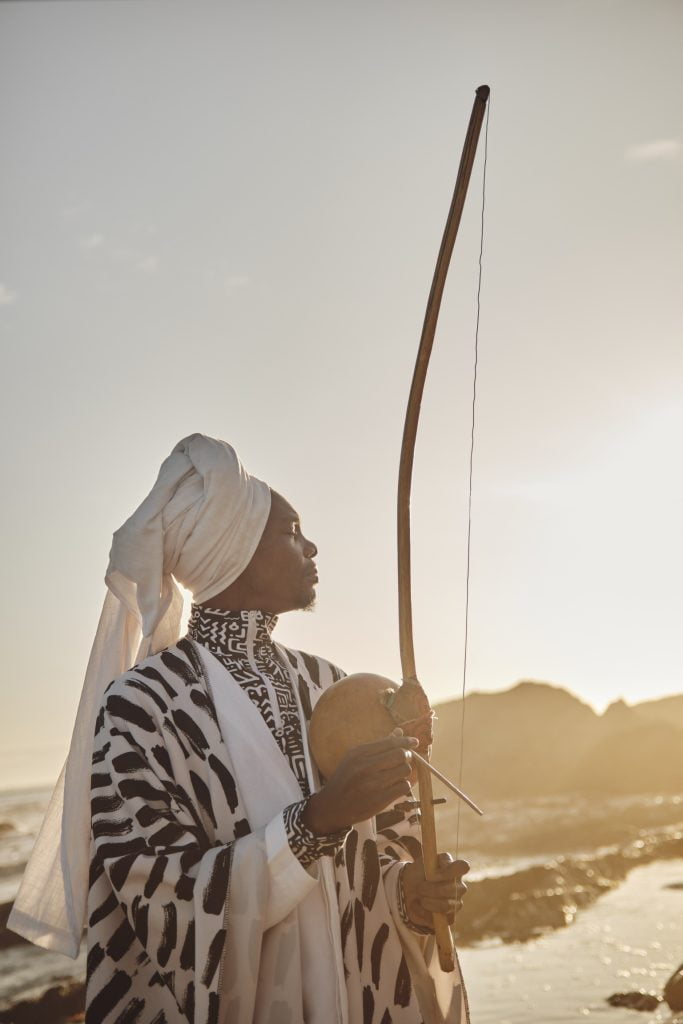
Photo Credit: Loyiso Mali
It is undeniable that the allure of the uHadi captivated Odwa. The unique resonance of the instrument complemented his vocal abilities, and he developed a profound connection with it. Research and exploration led him to the late Dr Latozi Madosini Mpahleni, a revered expert and mentor in Xhosa indigenous music. Together, they sought to preserve traditional Xhosa music and instruments. “[Dr Modosini] was a storyteller and an expert in playing the Xhosa indigenous musical bows (uHadi & Umrhubhe). We would laugh at some of the stories she told but what was said was…that the youth of today have no interest in South African indigenous instruments and our culture in general. There were only a few young South Africans who were truly interested in playing the instruments and preserving traditional Xhosa music. Because of the lack of or very little interest in Xhosa traditional music & culture, from young South African musicians, there are only a few of us who are trying to bring these instruments to the epicentre of the South African music industry. Being recognised by major publications such as Celebrity Services Africa, Drum Magazine and Scholars from universities around the world, proves that I am headed towards the right direction.”
Collaborating with renowned artists such as Dr Madosini, Camagwini, Zolani Mahola, and Morena Liraba has played a pivotal role in shaping Odwa’s musical style and career. Authenticity stands at the core of their collaborations, with each artist bringing their unique voice. “Looking at each collaboration I´ve had with them, authenticity is what continues to stand out and it sets them apart. They are not competing with each other but rather fulfilling their purpose. To be proud of where I come from and unapologetically celebrate and honour those who came before me through my gift of music. Consistency and staying humble is key to having a long-lasting career.”
While Odwa’s music primarily focuses on promoting Xhosa indigenous bow music and culture, the artist’s LGBTQ identity only subtly influences their artistic expression, “Just to clear something, being queer is separate from my music. My music is focused on bringing light to the isiXhosa indigenous bow music and culture.” Through their attire and stage presence, their feminine characteristics are pronounced. Moreover, their deep connection to Xhosa culture aims to challenge the discrimination and violence faced by Xhosa queer men. By embracing his identity and incorporating it into his music, Odwa strives to foster respect and understanding.
“In terms of culture, being an initiated queer Xhosa man with a high interest in my culture is important to me because of the amount of discrimination and violence that happens against Xhosa queer men. Having this rich knowledge of my culture, I think will start to bring some level of respect to men like myself. My music currently explores the following themes: African spirituality, women & child abuse, relationship issues and a few political issues.”

Photo Credit: Loyiso Mali
Odwa’s journey as a queer, black, male musician has not been without challenges. He recounts instances of being misgendered and the need to confront these situations while maintaining professionalism. “When I arrive at [some] events and women figure that I am queer, they feel it is okay for them to call me “chomie” and use the wrong pronoun “she”. I am aware that my voice sounds like a woman´s voice and I may act feminine but I still would like my pronoun to remain “he/his” especially if we are not friends and have never met.
The other challenges I face…I face as an artist and not because I’m queer. From a young age, I was mocked for being queer and that really made me feel like I was born on the wrong planet and that I did not belong here. I really wanted to be treated normally, like other kids, but it felt like there was something wrong with me. I questioned God (the one my mother introduced to me at a very young age) and the way He created me… Why did He create me to be made fun of, to be hurt in His universe, for being the person He created? Slowly my questions were creating a distance between me and God. Perhaps the distance was always there but now it was becoming even more clearer because I never consciously created a relationship with God, I had a ´forced´ relationship that was through my parents. I never really understood who God was for me but I had a sense of understanding of who God was for my mother. Hence you will find that spirituality is one of the themes that plays a big role in my music because now that I am older, I still have questions but I am also finding joy in experiencing God in my own way and not the way that my parents (and other elders) taught me.”
Odwa’s determination to overcome adversity stems from these childhood experiences of mockery and fear. Now, music is his shield and avenue to address the mistreatment of women and children. Through his music, he advocates for nurturing and empowering men to restore dignity in society. “Most of this mockery was coming from men, I grew up fearing men, especially the ones who would gather in the corner and shout hurtful words to me and blow ugly kisses at me while they smoke and laugh… As I write this I can actually see their dark gums with yellowish teeth… I really feared them. In my music, I speak a lot about that fear but also music becomes the shield that protects me from the fear.”
“Music makes me comfortable talking about those experiences. I have a song, ‘Nomathemba’ and it speaks to the mistreatment of women and children and the reason I sing this song is that I feel that men, especially black men, need to nurture women and children to help restore the dignity of being a man in our society.”
uHadi, one of South Africa’s earliest indigenous instruments, holds immense cultural significance. Historically played by married women during the night, uHadi represents personal stories and experiences. In Odwa’s performances, uHadi takes centre stage, “uHadi is one of the earliest South African indigenous instruments made famous by the late Dr Latozi Madosini Mpahleni. It is impossible to think of uHadi & uMrhubhe and not immediately think of Madosini…In my latest project, uHadi Experience, I collaborated with a Western String Ensemble to perform my original music and favourite covers. In this experience, uHadi is the main or lead instrument and the western string ensemble is only accompanying. The aim of this experience is to showcase and celebrate the uHadi and the isiXhosa culture.”
In Odwa’s songwriting process, there is no set formula. Music comes to them at any given moment, but he finds solace and inspiration in warm, quiet spaces with natural lighting. His music draws influences from Jazz, Classical, and African genres. While composing, he works to balance their Western-influenced ideas with the traditional African composition style, ensuring that uHadi remains at the forefront.
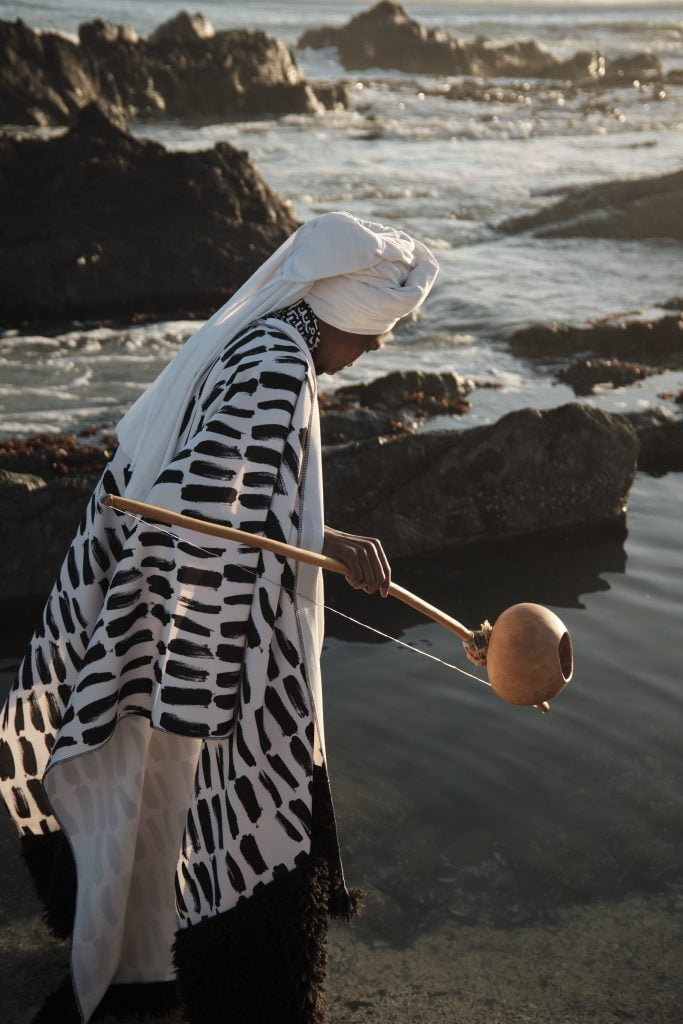
Photo Credit: Loyiso Mali
Reflecting on a memorable experience, Odwa recounts the time he encountered the mesmerising Simphiwe Dana at the Cape Town International Jazz Festival. After being captivated by Dana’s performance, Odwa’s friends and acquaintances told him that she was looking for him. “I did not believe them until we got to the jam session afterparty at the Southern Sun hotel. She walked in with a bright pink fur shoulder shawl and her entrance made quite a statement. She entered the room and came straight to where I was hanging with my friends (Thandeka Mfinyongo & Sky Dladla). I was nervous and excited. The fact that she knew who I was, was even more of a surprise. As she walked towards me my heart started beating fast. I remember the smell of her perfume, it was good! It had an elegant smell also it had a scent that said “I’m a mother”, “I’m a star”, “I’m rich”, and “I’m the best in the game!” Aaaahhh it was a good perfume. Anyway… she came to greet me and my friends and told me that she knew who I was and she was aware of everything I was doing. I was flattered, I was nervous, I was happy, I was content. Then she said we must sing together, AAAAHHH… We sang at that jam session and while we were singing the sound men switched off our mics and we had the whole audience on us. We stood on that stage for about a minute staring at the sound engineer and Simphiwe whispered to me that I must not worry, it’s not my fault they always do that to her. She gave me a kiss and we left the stage and we got a round of applause. For me, it was her aura, confidence and knowing who she was that stood out for me. Ever since that day, I have learnt that confidence is important in this industry.”
Odwa aims to convey a range of messages and emotions in his music. Rather than having a specific message or emotion in mind, his intention is to create a welcoming space for listeners—a space that aids in the healing process and facilitates a conscious connection with one’s higher power or inner self. He aspires to provide a safe haven where listeners can get lost in the music, dream, and momentarily escape from reality. He recognizes the constant search for healing, particularly among the youth in South Africa.
“You do not necessarily have to understand my music but I can assure you that you will connect or resonate with one song or moment.”
In terms of preserving and promoting South African cultural heritage, Odwa’s recognition as one of the few young uHadi players in the country by international scholars, writers, and local publications speaks volumes about his commitment to preserving his culture and promoting South African heritage. Despite the contemporary nature of Odwa’s music, the deep-rooted Xhosa cultural influences are palpable. Odwa’s “uHadi Experience” project also contributes significantly to the preservation and promotion of South African cultural heritage, both locally and globally. Collaborating with artists such as Dumama & Kechou and being featured on their albums allowed him to showcase traditional music. This collaboration has received global airplay, providing a taste of their work to audiences around the world.
Odwa dreams of writing a book that explains the intricacies of traditional isiXhosa ceremonies he has been exposed to. With the passing of elders and a lack of information on these ceremonies, he recognizes the importance of preserving and documenting this cultural knowledge for future generations. In addition, Odwa aims to create music that serves as a source of learning and inspiration for years to come. He seeks to contribute to the rich musical landscape by crafting compositions that resonate with audiences and carry meaningful messages. One upcoming project that he is particularly excited about is a performance and talk on indigenous music in collaboration with the Fulbright Scholarship Fund and Iziko Museum in Cape Town. Set to take place on July 11, 2023, this event will provide a platform for Odwa to share his insights and expertise on traditional music. Alongside the performance, there will also be a guided tour through the Rock Art Exhibition, further highlighting the cultural significance of indigenous art forms.
Odwa’s journey as a vocalist and uHadi player exemplifies his passion for preserving South African cultural heritage. Through collaborations with renowned artists and a steadfast commitment to authenticity, he has made significant strides in showcasing the power and uniqueness of Xhosa traditional music. Simultaneously, their LGBTQ identity has become a subtle thread woven into their artistic expression, challenging stereotypes and promoting respect and human dignity. As they continue their artistic odyssey, their music serves as a vehicle for African spirituality, social issues, and cultural pride, resonating with audiences and paving the way for a brighter future. Listen to Odwa’s song, ‘Nomathemba’.
Nomathemba is a children’s rhyme popularly known by children who grew up and attended crèche in townships. Not paying attention to the lyrics, as a child, this rhyme brought so much excitement in my childhood and it was my favourite.
Now as an adult, I started playing uHadi and revisited the song. Analysing the lyrics did not excite me anymore. Instead, I was reminded of women and children who suffer in silence while they are being mistreated by men in our communities. Being a man in my culture is a valuable status and men are supposed to protect their families and help raise a righteous community. However, men are destroying their own families and making the communities unsafe for women and children.
What kind of a nation are we building?
The dignity of being a man is being destroyed.
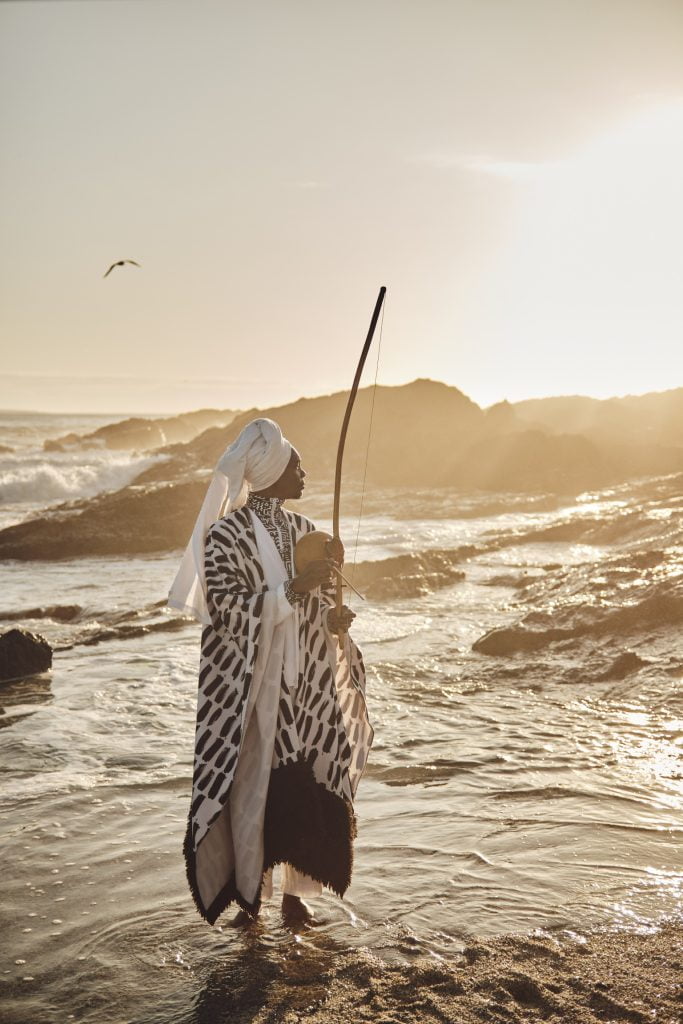
Photo Credit: Loyiso Mali

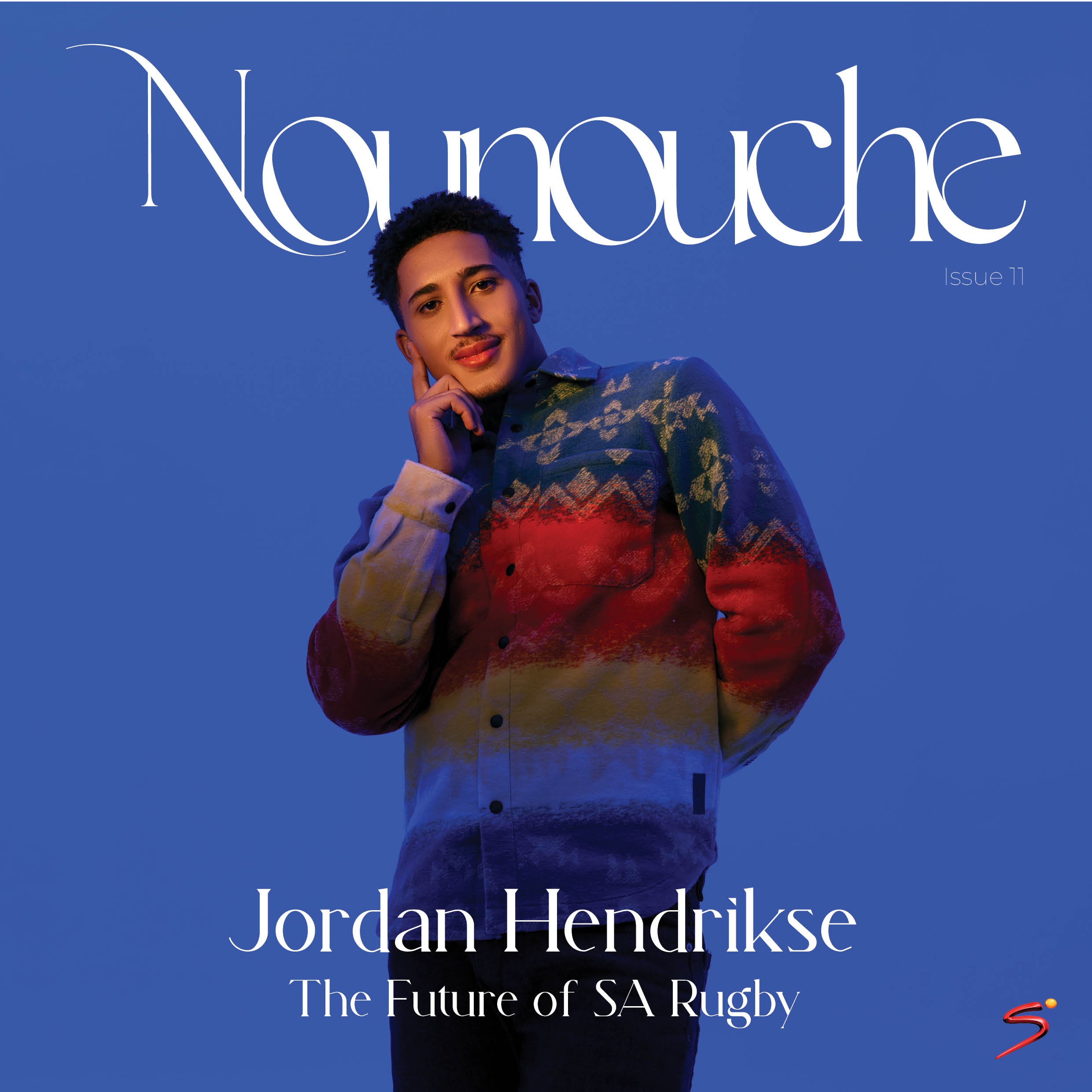
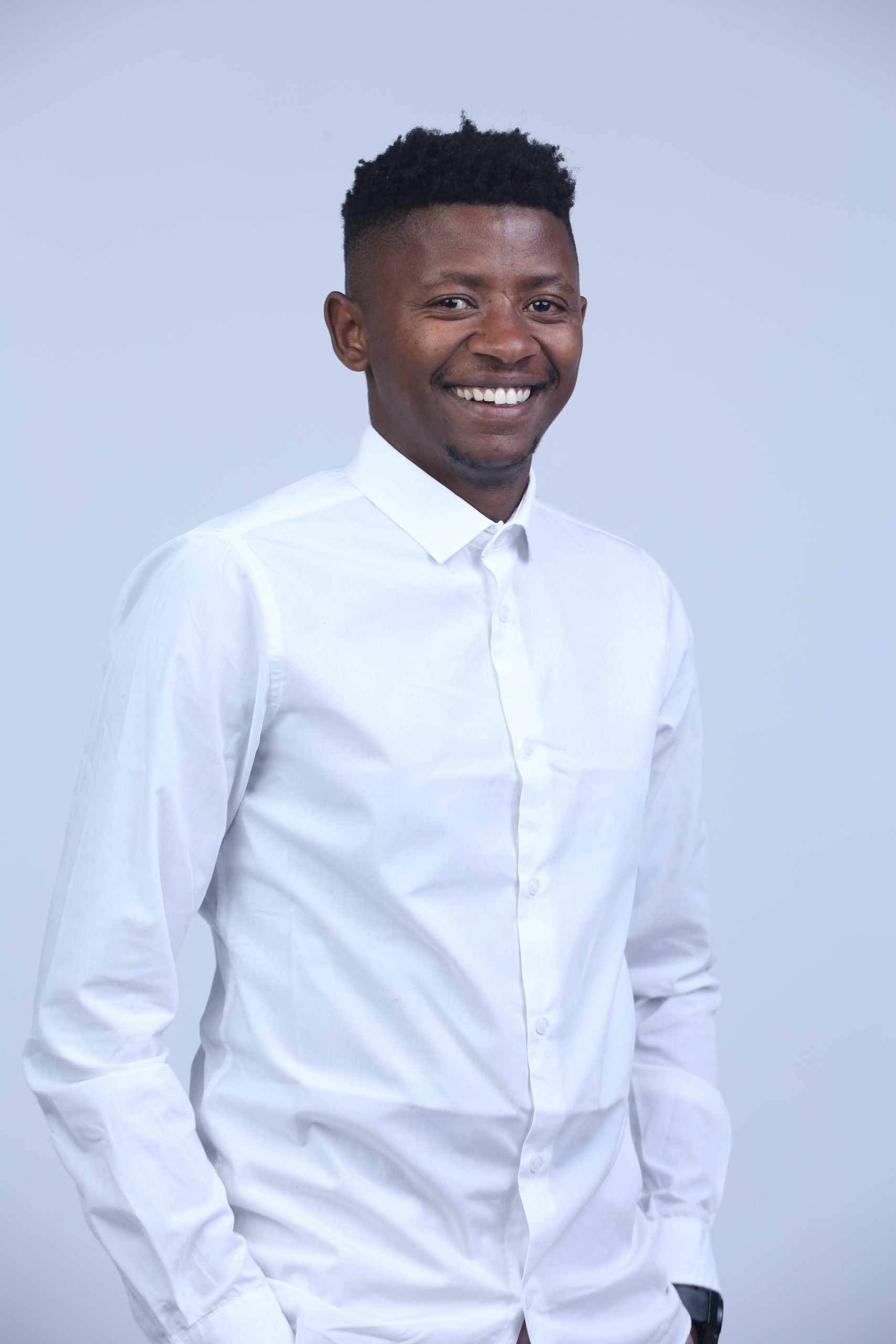


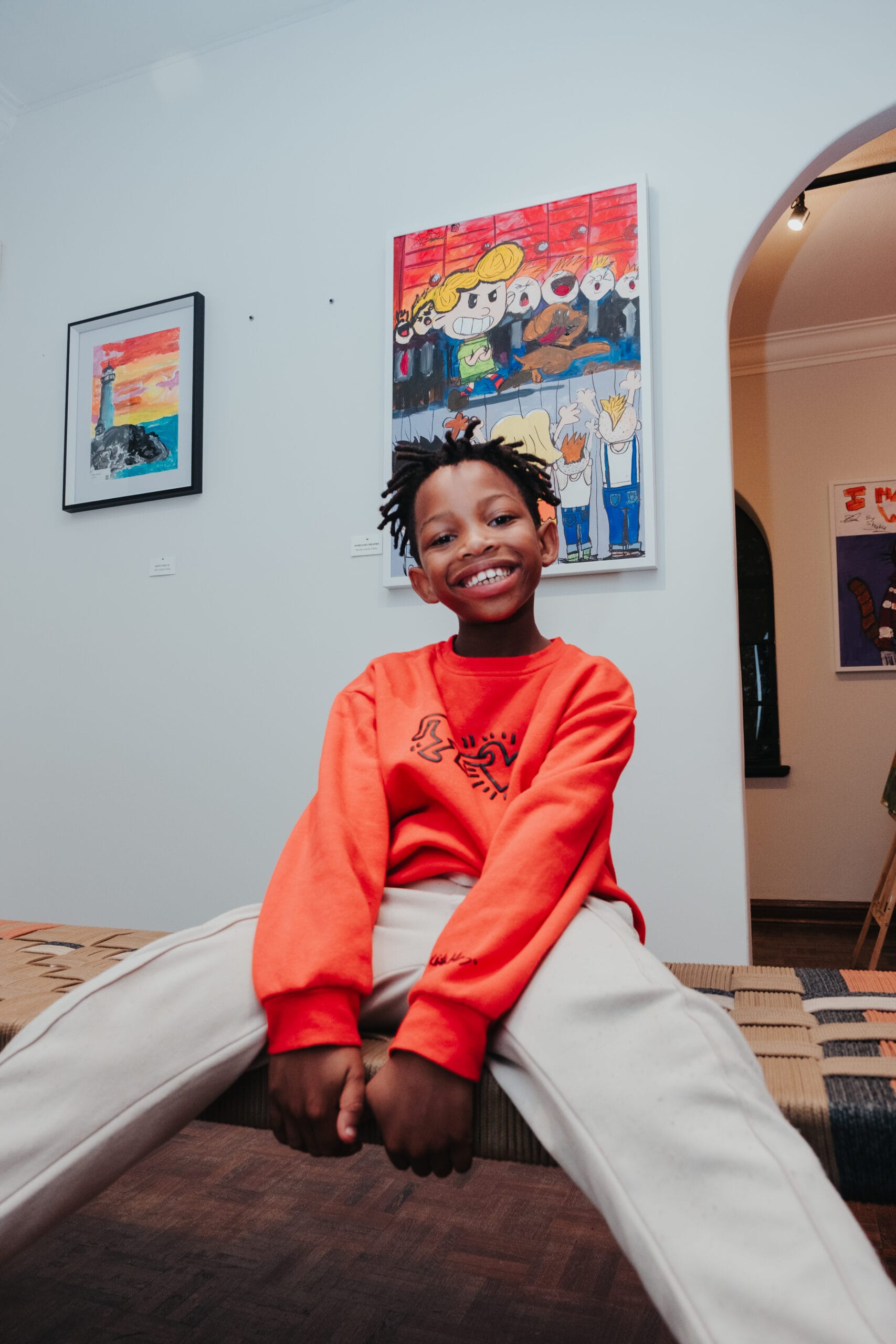
No Comments